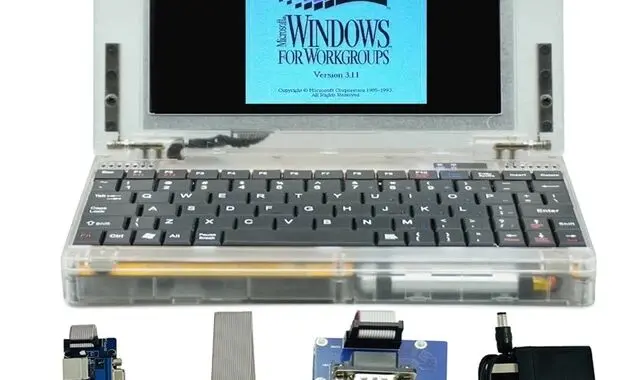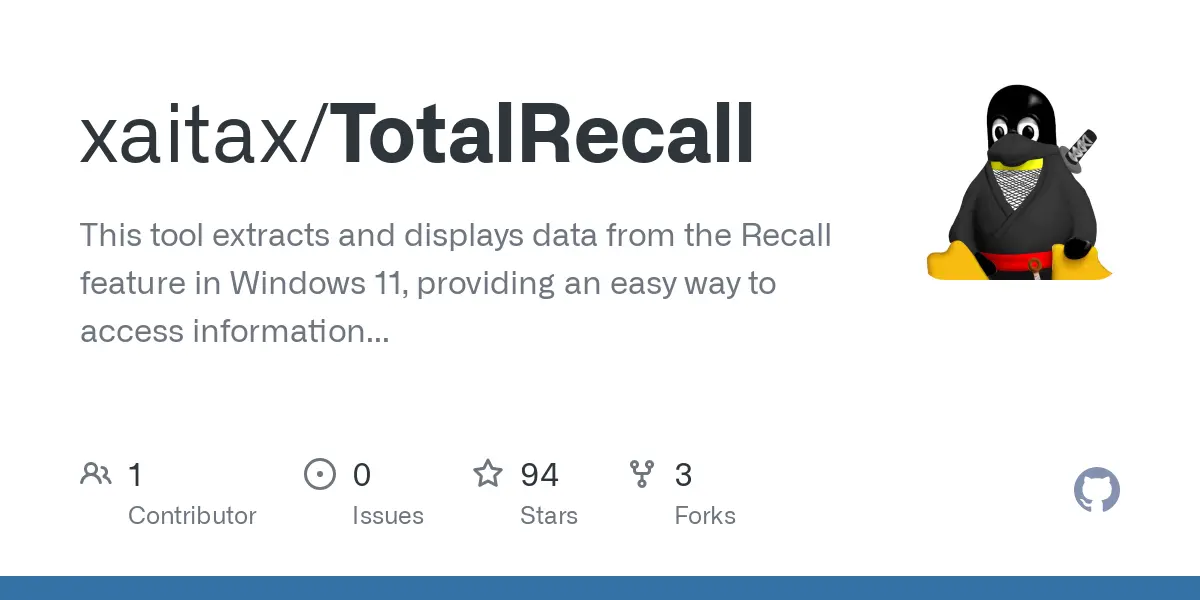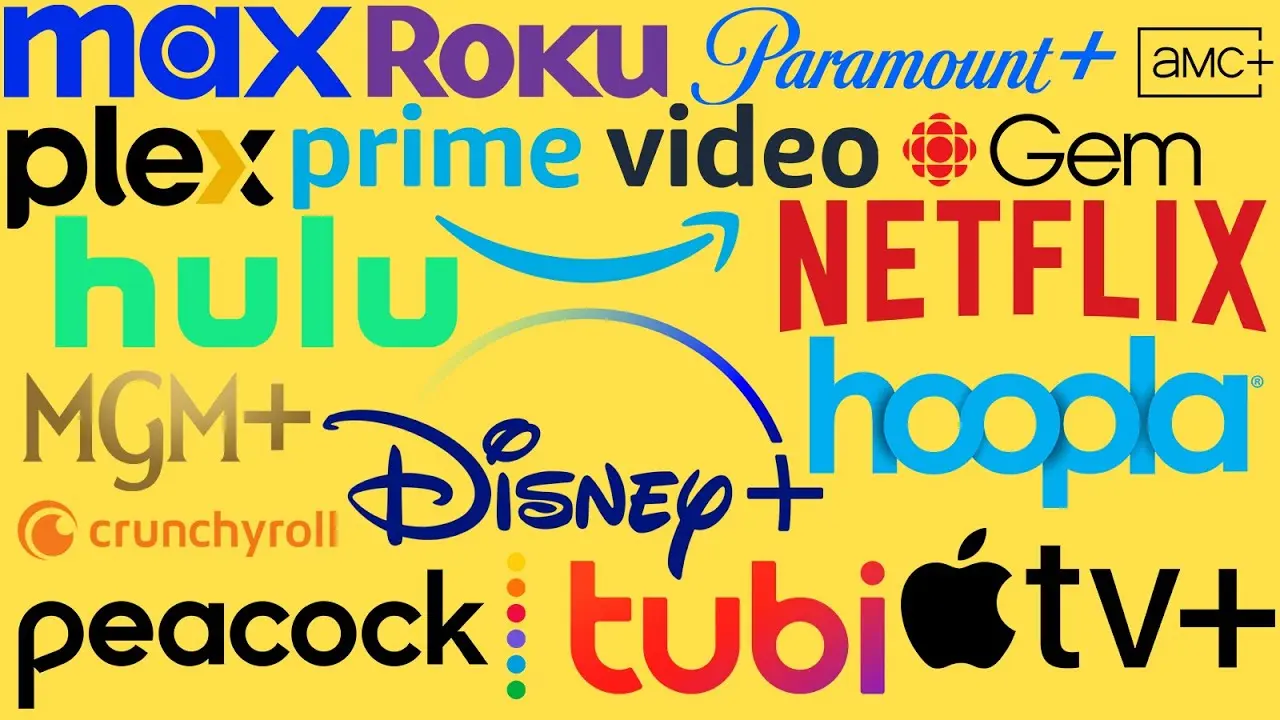deleted by creator
he/him
openpgp4fpr:8d54f85b414086d978e71df49f845578082de33d
- 171 Posts
- 325 Comments
TREE is an extremely fast-growing function in set theory. TREE(1) equals 1, TREE(2) equals 3, and TREE(3) equals a number so large that its lower bound easily dwarfs Graham’s Number.

 8·4 months ago
8·4 months agoWhat neurotypical people don’t get is that autism affects literally everything about us. From how we perceive and interact with the world to how we experience emotion to how we think to our self-awareness and self-perception. To cure autism would be to cause a death of personality. We would be fundamentally different people, if we remained at all
Maybe try going into the settings and forcing a sync? That happens occasionally with the app on my phone, and I just hit the force sync button to get everything back
I’m not a Christian or an atheist, but I am a practicing Bahá’í. I’m not going to pretend my perspective is unbiased or definitely applicable to your situation; I offer it in the hope that you find it helpful, but I will not be offended in the least if you choose to disregard it 🙂
It’s a good sign that you’re troubled by the behavior of your fellow Catholics. You have a conscience and you know that they are disregarding Christ’s teachings for…what, really? A sense of fleeting satisfaction that comes from having an enemy they can try to feel superior to? True faith is not looking to other people for what to believe, but reading your scripture and learning the teachings of your religion for yourself. Jesus Christ preached love for all people, no matter what. You know this, and you know that the behavior of the other Catholics you know is in direct conflict with what they claim to believe, and that’s why you’re posting here.
Bahá’ís read their scriptures every day so that they can come to their own understanding of Bahá’u’lláh’s teachings. I personally read scripture in the morning after I wake up, when my mind is still clear and I haven’t gone full tilt into the day yet; and at night before I go to bed, so that my subconscious can think about it while I’m asleep. Perhaps this is something you might want to do: read the Bible for yourself, critically and without preconceptions, and come to your own understanding of what Christianity means to you, so you may make your own informed decision on whether you want to stay a Catholic, or a Christian in general, based solely on your own conscience. You can stay Catholic and practice on your own, if that is what you want! What matters is that you find the way to practice your faith that feels right to you, and you find people that share your values.
Someone else in this thread mentioned Unitarian Universalism. Before I converted, I spent some time with my local UU congregation, and if you’re concerned about finding community, it might be good for you to meet your local congregation. Unitarian Universalism is not really an organized religion, but a community around a shared set of principles that include unity in diversity and the responsible search for truth and meaning. In my experience, though the services were quite…general, the sense of community and camaraderie that you would find in a church (or a mosque, or a temple…) was very much there. If you end up deciding to look for other places to go, a UU congregation is a good choice, at least from my experience.
Certain types of computer monitors can get a hardware issue (read: broken) that results in a permanent thin white line across or down the screen.
Different people don’t like it for different reasons. Some people don’t like it because they think it has CIA financial backing (nope), and some people don’t like it because it requires your phone number, therefore it is not private (the privacy it provides is more than sufficient for anyone not actively being persecuted by a Five Eyes state), and some people don’t like it because it feels corporate (it’s a 501c3 nonprofit, and how corporate it feels is subjective).

 23·6 months ago
23·6 months agoIf the situation was hopeless, their propaganda would be unnecessary
I get distracted/overwhelmed fairly easily, so GNOME is a godsend. minimalistic top bar + on demand workspaces to throw my extra windows into = I can actually get stuff done.
The Greek Bible uses the word αιών, which (confusingly) refers to either a duration of time with a beginning and end, or eternity. When the Bible was translated into Latin, αιών was translated as aeternam exclusively. However, that sense may not have been the right one to use. The earliest writings of the church, before the 5th century or so, described Hell as an ultimately temporary place of purification, rather than an eternal destination.

 14·9 months ago
14·9 months agoIt’s Cockney rhyming slang. If you want to come up with a slang term for a something, you take something that rhymes “yank → septic tank” and then cut it down “septic tank → seppo”

 112·10 months ago
112·10 months agoit is psychosomatic, but can still be debilitating. i knew a Navy veteran who could not drink straight water at all because while in the Navy, he had to drink several gallons of the stuff every day. as soon as he was discharged (honorably), he found he couldn’t have water without anything added to it simply because he had so much of it in the service. of course, he still has to drink water, so he carries around a bottle of flavoring

 9·10 months ago
9·10 months agoStar Trek: Discovery has Cadet Sylvia Tilly, a character who’s not identified as autistic but is very coded as such (e.g. in her first scene, she seems to have trouble with picking up on social cues and talks a lot, and she had to get a different fabric for her bedsheets because of “special needs”). her portrayal is very respectful and positive, and as all the characters get to know each other they make an active effort to be understanding and accommodating towards her and treat her like the capable officer she is
I looked up the Open Technology Fund on Wikipedia and it has no relation to the CIA. well, except that its parent agency (Radio Free Asia) is part of the US government like the CIA is. they don’t seem to work together at all, and they’re under the purview of two different branches of government
besides, as other commenters have said, they’re open source and they’ve been audited. anyone can build the client themselves (with any potential backdoors removed) and set up their own server. would the CIA allow for that?
Signal was developed with financial backing by the CIA, so do with that information what you will.
source?
NPR News is probably what you’re looking for. sports and celebrity stuff is relegated to the Culture section, which is its own separate thing (although there are a couple of music stories that seem to have been misplaced). here is the RSS feed for the News section: https://feeds.npr.org/1001/rss.xml
true. gotta get one of those desks you see at schools, with the hole in the corner and the plastic cover
the setup actually isn’t bad at all. using a soundbar is a nice touch. i would do something about the clutter though; you want a nice clean desk for gaming sessions. too bad we can’t see the chair, you need something like an office chair for maximum comfort and not a gaming chair, as they actually aren’t very good for your back



























(Autistic person here, working on expressing my emotions too) You could try a feelings wheel. There are a few different designs that work on different principles, but the general idea is that they show the relationships between different emotions. I attached a few here so you can see which one works for her best.